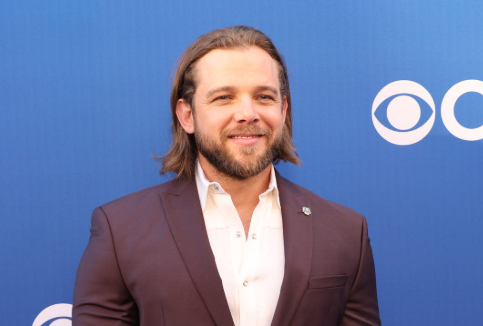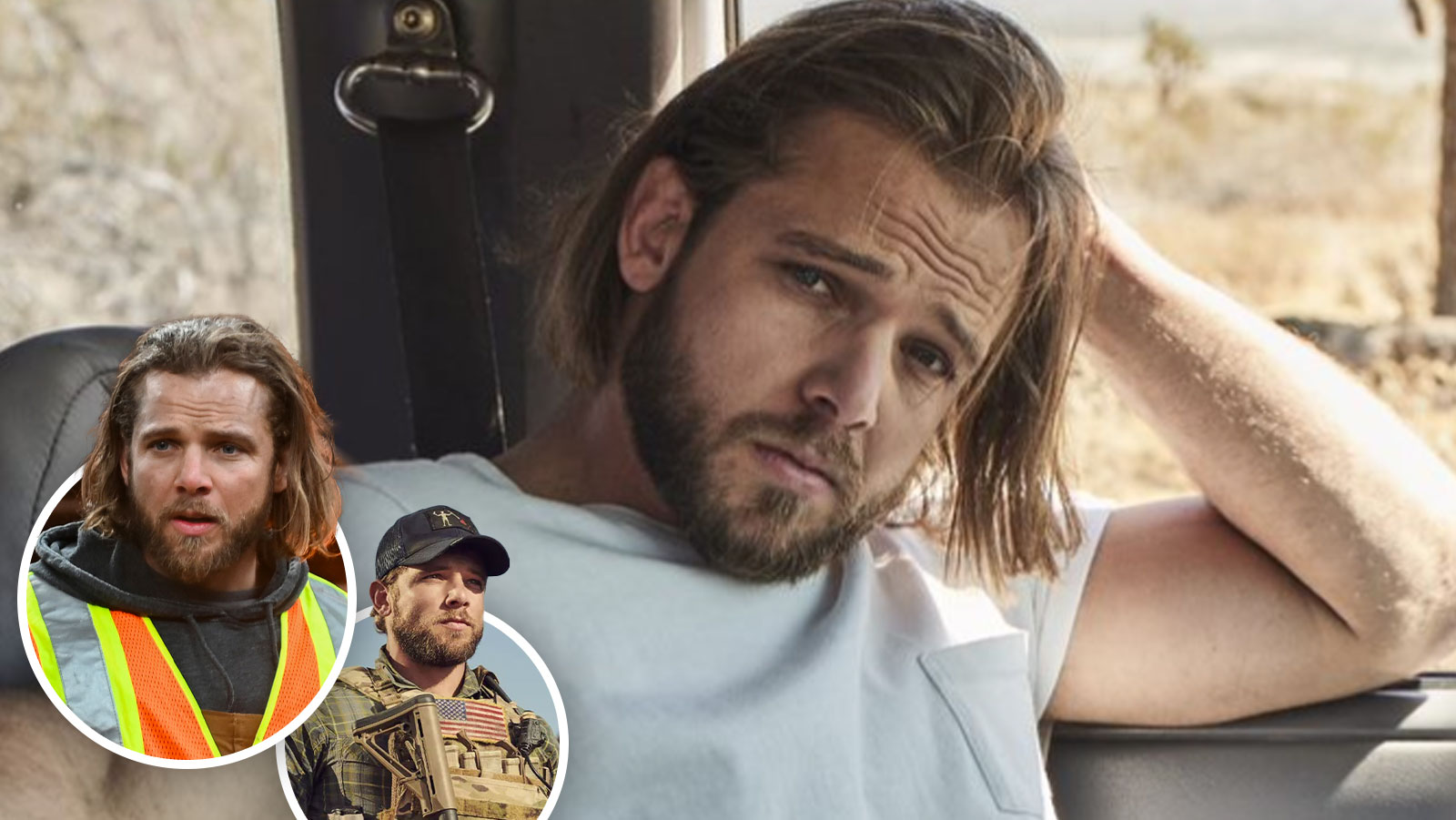
In a world where firefighters are rightly hailed as heroes, Fire Country takes it one step further — it shines a light on those we rarely see: incarcerated men risking their lives on the fire lines for little reward and even less recognition. At the center of this bold narrative is Max Thieriot — actor, creator, and advocate. With Fire Country, Thieriot does more than tell a good story. He gives voice to the voiceless.
Giving the Inmate Firefighter a Face — and a Story
The inmate firefighter program in California has long existed in the shadows. These individuals work long hours under deadly conditions, earning only a few dollars a day. They save homes, protect towns, and risk their lives — yet their pasts often define how society views them.
Max Thieriot refused to let that narrative stand unchallenged.
In Fire Country, Bode Donovan isn’t just a name — he’s a symbol. Through Bode, Thieriot shows us what redemption looks like when it’s hard-earned, messy, and filled with setbacks. We see Bode judged, doubted, and underestimated — and we root for him not because he’s perfect, but because he keeps showing up.
Humanizing Heroism: Not All Heroes Wear Badges
One of Thieriot’s boldest choices was to frame heroism as something that lives in unlikely places. In Fire Country, we’re asked to consider: What if someone with a criminal past can still save lives? What if dignity isn’t reserved for the “clean” but available to anyone who chooses to act with courage?
It’s a radical idea for network television. But Thieriot handles it with care — layering Bode’s journey with complexity, never shying away from his flaws, but also never denying him humanity.
A Grounded Performance That Demands Empathy

Thieriot’s portrayal of Bode isn’t just good acting — it’s transformational storytelling. From the smallest gesture (clenching his fists in frustration) to explosive outbursts of pain or joy, he makes Bode someone we recognize. He might be a felon, but he’s also a son, a friend, and a firefighter. That kind of multifaceted portrayal forces audiences to examine their assumptions.
In an age of polarization, Thieriot’s performance creates space for compassion — a rare and vital gift.
Beyond the Screen: Using Fame for Change
Max Thieriot has said in multiple interviews that he hopes Fire Country sparks conversation — and it has. Viewers have taken to social media to praise the show for its nuanced portrayal of inmate firefighters. Formerly incarcerated individuals have expressed gratitude for the recognition.
Thieriot didn’t just want to entertain — he wanted to honor real people doing dangerous work with no fanfare. In many ways, Fire Country is advocacy in disguise — wrapped in flames and emotion, yes, but beating with justice at its core.
Conclusion: Lighting a Path Toward Justice
With Fire Country, Max Thieriot shows that television can do more than distract — it can awaken, inspire, and repair. By giving a face and voice to those on the margins, he challenges viewers to see beyond stereotypes and toward shared humanity.
In doing so, Max Thieriot doesn’t just play a hero — he becomes one.
